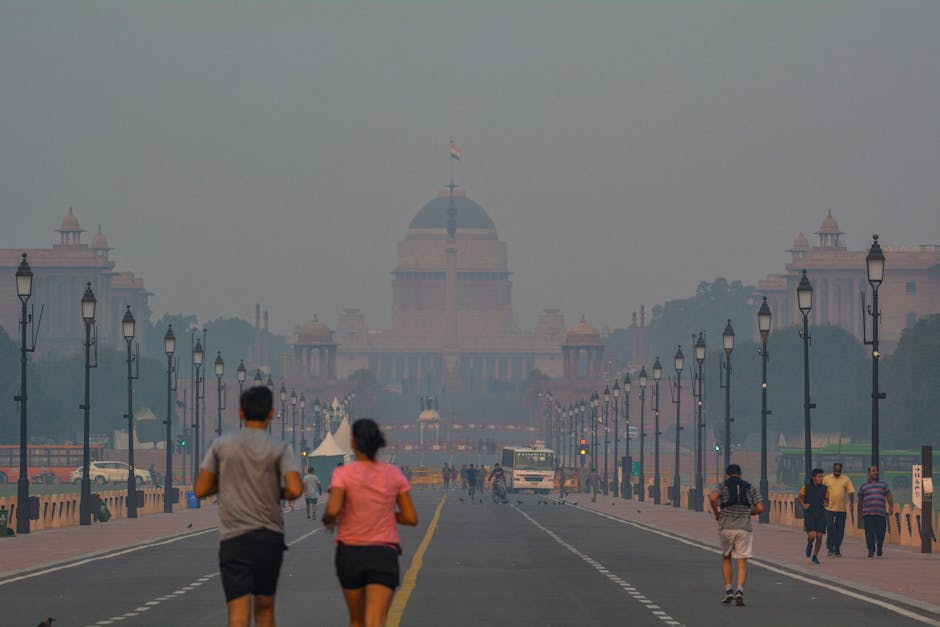High Court Mandates Change for TN Political Rallies
In a move that could permanently alter the landscape of political campaigning in Tamil Nadu, representatives from the state’s major political parties convened yesterday. This rare display of court-mandated collaboration followed a stern Madras High Court order, tasking them with a singular agenda: to collectively draft a Standard Operating Procedure (SOP) for conducting political rallies and processions, ending the public chaos that often accompanies such events.
A History of Disruption
For decades, political rallies in Tamil Nadu have been a vibrant, chaotic spectacle—a show of strength, a festival of ideology, and, all too often, a public nuisance. Arterial roads choked for hours, the menace of illegal flex banners, and tragic accidents involving precariously erected cut-outs have become unfortunate hallmarks of the state’s political culture. It was this persistent disruption that led the Madras High Court to intervene decisively.
Rather than just issuing another directive, the court took an unconventional route: it ordered the creators of the problem to become the architects of the solution. The message was clear: if you want the privilege of addressing the public en masse, you must first agree on how to do so responsibly.
Inside the All-Party Meeting
The meeting saw unlikely bedfellows seated at the same table as the TN parties meet to draft the SOP for political rallies on the HC order. Representatives from the ruling DMK, the principal opposition AIADMK, along with the BJP, Congress, and other regional players, gathered under the shadow of the gavel. Sources suggest the discussion quickly turned pragmatic, focusing on the core issues flagged by the court.
What to Expect in the New SOP for Rallies
While the final draft is yet to be submitted, the key areas of focus are clear and represent a potential paradigm shift for political gatherings in the state:
- Designated Venues & Routes: The SOP is expected to propose pre-approved grounds for large gatherings, moving them away from critical traffic junctions. Procession routes would require prior police approval with traffic diversion plans submitted well in advance.
- An End to the ‘Flex Banner Raj’: A major point will be the strict regulation of banners and cut-outs. The SOP will likely include guidelines on size, material (promoting eco-friendly options), and placement, with a clear ban on hoardings that obstruct traffic or pose a danger.
- Clear Accountability and Permissions: A single-window clearance system is being discussed to streamline permissions from police, traffic, and municipal departments. Crucially, the party organiser will be held personally liable for any violations or untoward incidents.
- Mandatory Safety and Crowd Management: The draft will reportedly mandate safety audits for stages, electrical wiring, and barricades. Minimum standards for crowd management, including clear entry/exit points and emergency response teams, will also be part of the protocol.
The Challenge of Implementation
The biggest question, however, is one of implementation. Drafting an SOP is one thing; adhering to it in the heat of a high-stakes election is another. The success of this High Court-monitored exercise hinges not on the document itself, but on the political will to enforce it.
This meeting marks a pivotal moment—an acknowledgement that the right to political assembly cannot trample upon a citizen’s right to safety. The public, and a watchful Madras High Court, will be waiting to see if this SOP becomes a landmark reform or just another piece of paper.




